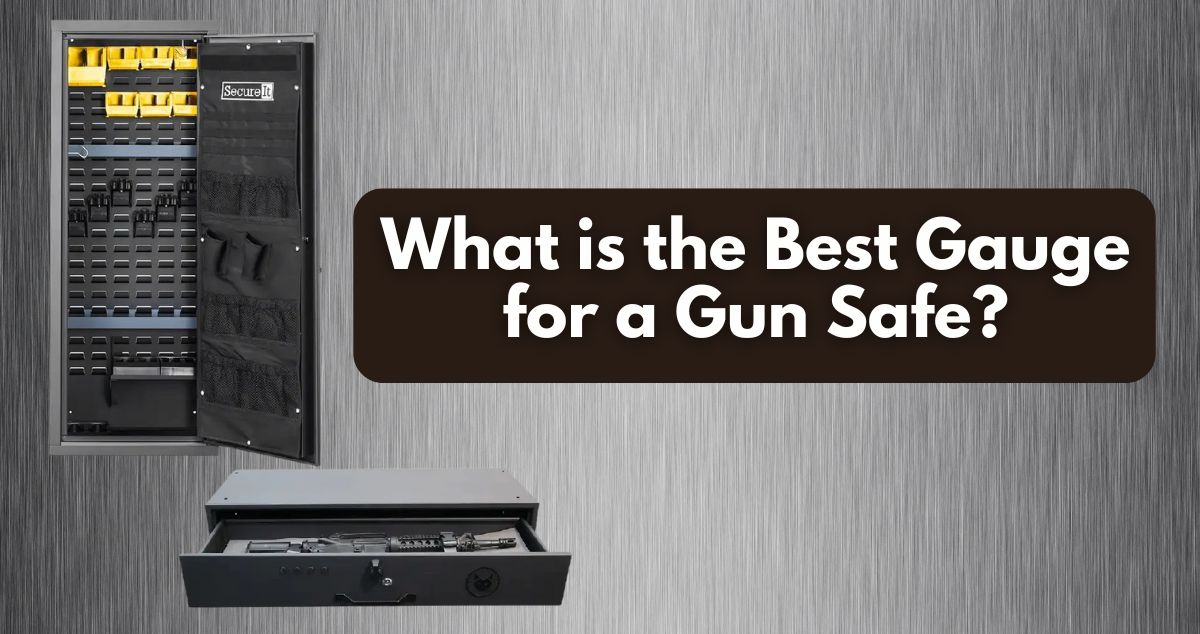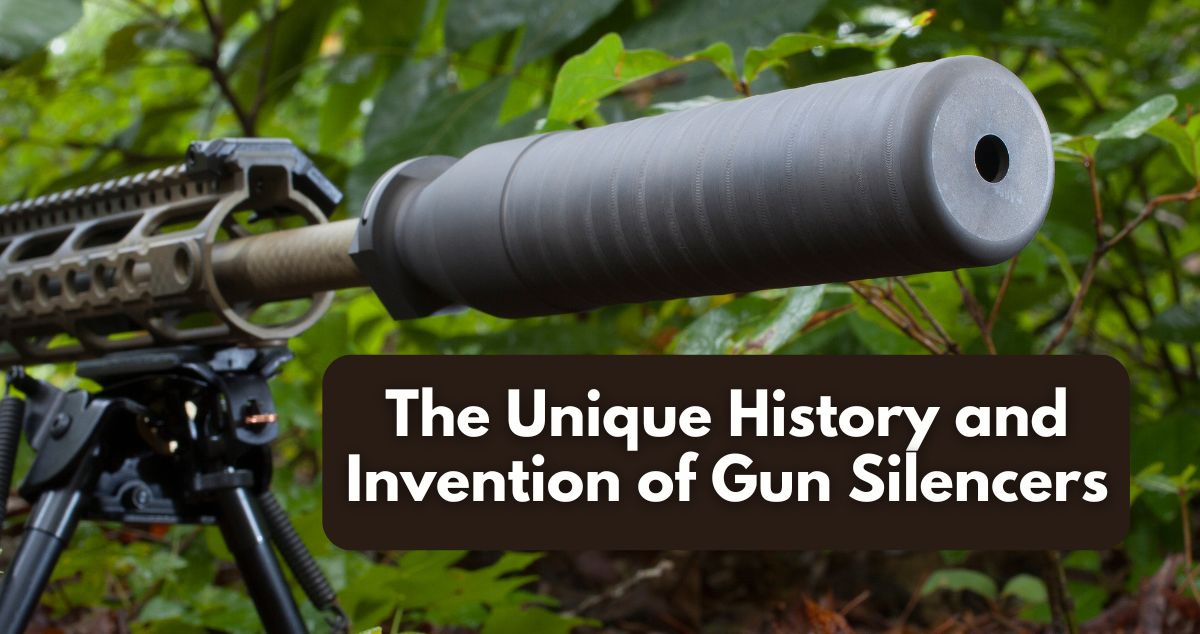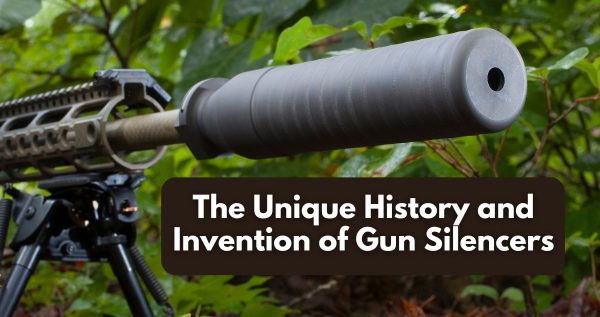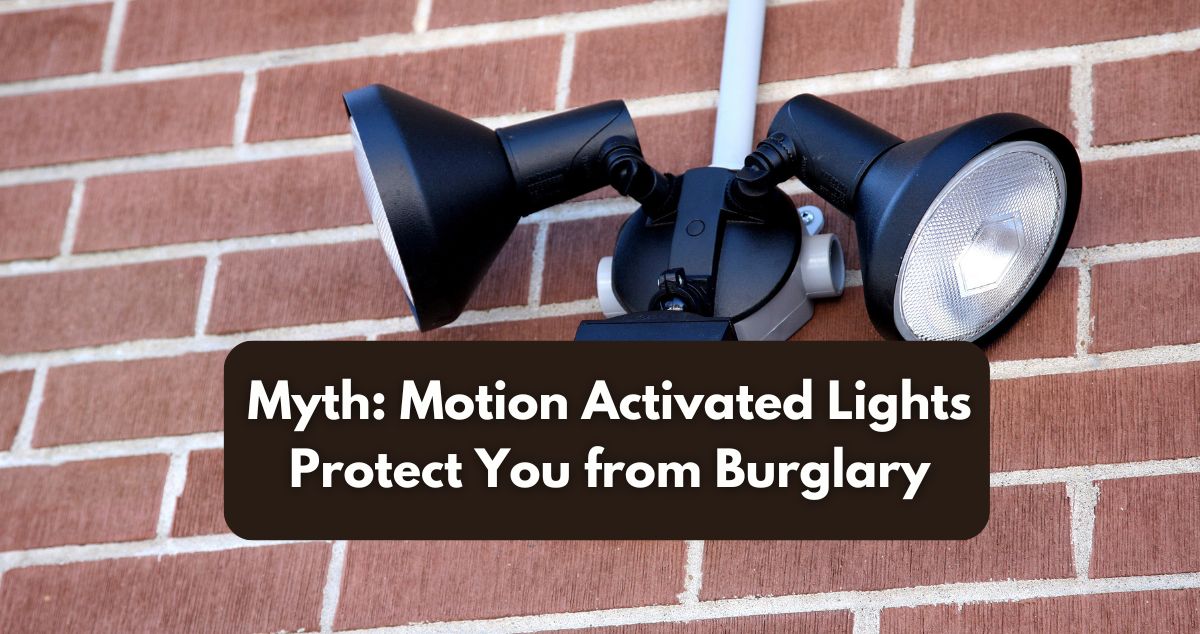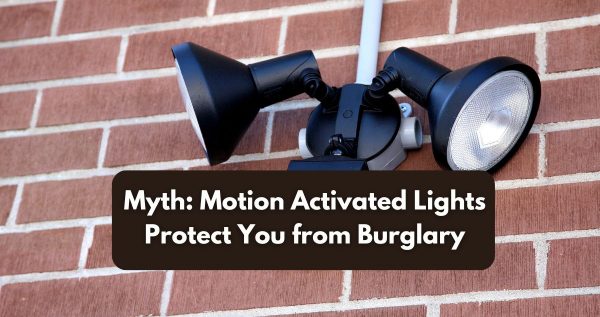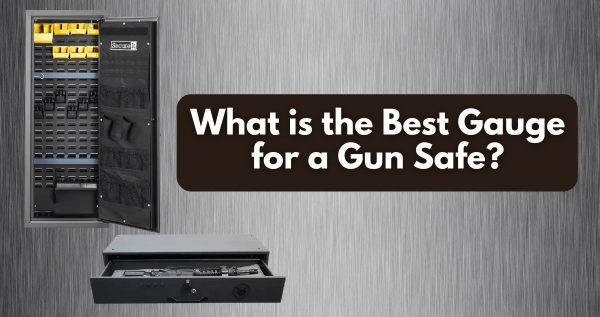
Whether you’re buying your first gun safe or have an arsenal of collectors models and want added protection for specific firearms, there’s a lot to consider when it comes to the gauges of the metal. Gun safe gauges, just like other metal materials, are based on a scale where the higher the number the thinner the width of the metal.
An 18 gauge piece of steel is thinner than a 10 gauge for example. This applies to wiring, body jewelry, and gun safes. The gun safe gauge scale ranges from a 20 gauge to a 00. There is a common belief that the thicker the metal, the harder it is to break into the safe.
This is a rumor as there are modern tools and technologies that can crack a safe pretty easily, just like the jaws of life can rip through a car’s roof. The locking system can also provide a vulnerability on some brands so even if there is a thicker gauge, the lock could be the safe’s Achilles heel. If security is your concern, you want to evaluate thickness, lock types, and the materials used both inside and outside.
Interesting fact: The materials used inside your gun safe and in the walls can cause the gun safe to corrode both inside and out impacting your firearms. Even if you go for a higher gauge for protection, make sure the inner linings are also “safe” for your firearms and valuables.
There are four common beliefs about the thickness of a gun safe and if it is more secure.
They include:
- Being easier to peel or rip open
- Preventing fire damage
- Makes it heavier which makes it more secure
- Less likely to flood or get flood damage
Yes, thicker steel may deter some people looking to rip open the gun safe, so if this is a concern for you, do not go lower than a 10 gauge. But if the burglar knows you’re knowledgeable about firearms and security, they have already planned for a thick gauge and will still be able to rip it open if their target is inside. And that goes to the weight factor.
A heavier safe will be harder to steal or move around. The weight will help prevent a safe from being stolen by unprepared burglars, but not always. Most burglaries happen while you’re not home as the intruder does not want a direct confrontation, especially with a gun owner. They’ve likely mapped their pathway through your home as burglars have places they go first.
If the gun safe is a target, they may have a dolly or lift and will come prepared to take it with them. Securing your safe to the floor, wall, or some other way will likely be helpful, assuming they don’t peel it.
Next is fire ratings on gun safes. Years ago this was important, but now fire departments get a majority of fires out before they would be able to impact your gun safe or the contents inside. If the fire was that bad, no gun safe or gauge is going to help. You may get lucky, so it won’t hurt if this is a concern for you, but it is likely money you could invest elsewhere. The same goes with flooding and gun safe protection.
The thickness of the metal may stand up for a while, but most gun safes have venting, and the humidity, mold, corrosion, and other factors that come after a flood can still impact the security of your gun safe no matter how thick the gauge of the metal is.
When all is said and done, the thickness and weight of your gun safe will deter some theft and some burglaries. This can be especially true when you use secure locking mechanisms. Also look for the security level or rating assigned by organizations like underwriter laboratories. It is important to verify an unbiased third party gave the rating as manufacturers are able to do their own.
Now you know the truth behind thicker safes and thicker gauges being more secure, and you can make a decision on if you want to spend the extra money for a peace-of-mind, or save a bit.
